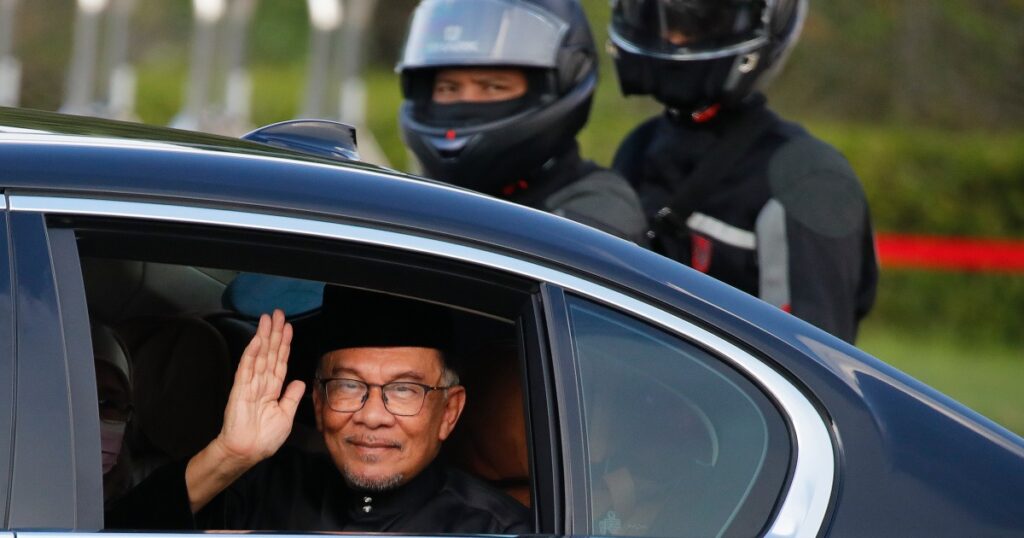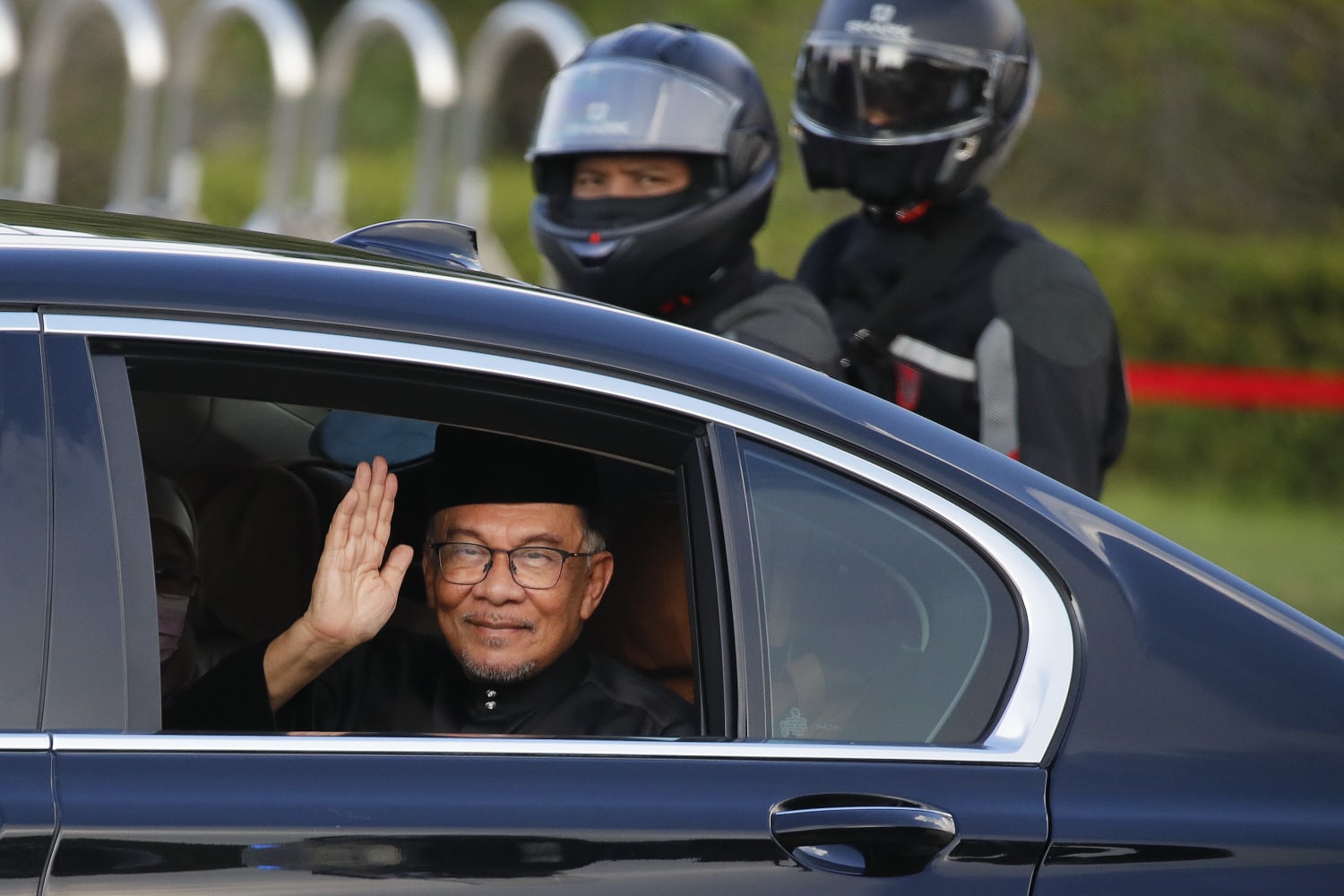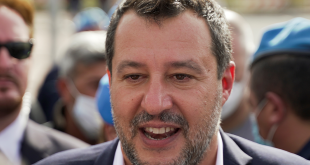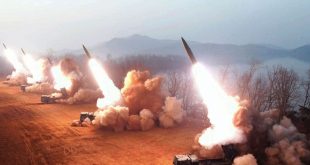

KUALA LUMPUR, Malaysia — Malaysia’s Anwar Ibrahim was sworn in as prime minister on Thursday, capping a three-decade political journey from a protégé of veteran leader Mahathir Mohamad to protest leader, a prisoner convicted of sodomy and opposition leader.
His appointment ends five days of unprecedented post-election crisis, but could usher in a new instability with his rival, former Prime Minister Muhyiddin Yassin, challenging him to prove his majority in Parliament.
Both men failed to win a majority in a Saturday election, but the constitutional monarch, King Al-Sultan Abdullah, appointed Anwar after speaking to several lawmakers.
Anwar takes over at a challenging time: The economy is slowing and the country is divided after a tight election that pitted Anwar’s progressive coalition against Muhyiddin’s mostly conservative ethnic-Malay, Muslim alliance.
Anwar, 75, has time and again been denied the premiership despite getting within striking distance over the years: He was deputy prime minister in the 1990s and the official prime minister-in-waiting in 2018.
In between, he spent nearly a decade in jail for sodomy and corruption in what he says were politically motivated charges aimed at ending his career.
The uncertainty over the election threatened to prolong political instability in the Southeast Asian country, which has had three prime ministers in as many years, and risks delaying policy decisions needed to foster economic recovery.
Anwar’s coalition, known as Pakatan Harapan, won the most seats in Saturday’s vote with 82, while Muhyiddin’s Perikatan Nasional bloc won 73. They need 112 — a simple majority — to form a government.
The long-ruling Barisan bloc won only 30 seats, the worst electoral performance for a coalition that had dominated politics since independence in 1957.
Barisan said on Thursday it would not support a government led by Muhyiddin, though it did not make any reference to Anwar.
Muhyiddin’s bloc includes the Islamist party PAS, whose electoral gains raised concern in a country with significant ethnic Chinese and ethnic Indian minorities, most of whom follow other faiths.
As premier, Anwar will have to address soaring inflation and slowing growth, while calming the ethnic tensions.
The most immediate issue will be the budget for next year, which was tabled before the election was called but has yet to be passed.
Anwar will also have to negotiate agreements with lawmakers from other blocs to ensure he can retain majority support in Parliament.
“Anwar is appointed at a critical juncture in Malaysian history, where politics is most fractured, recovering from a depressed economy and a bitter COVID memory,” said James Chai, visiting fellow at ISEAS-Yusof Ishak Institute in Singapore.
“Always regarded as the man who could unite all warring factions, it is fitting that Anwar emerged during a divisive time.”

Source link
 Latest Breaking News Online News Portal
Latest Breaking News Online News Portal




